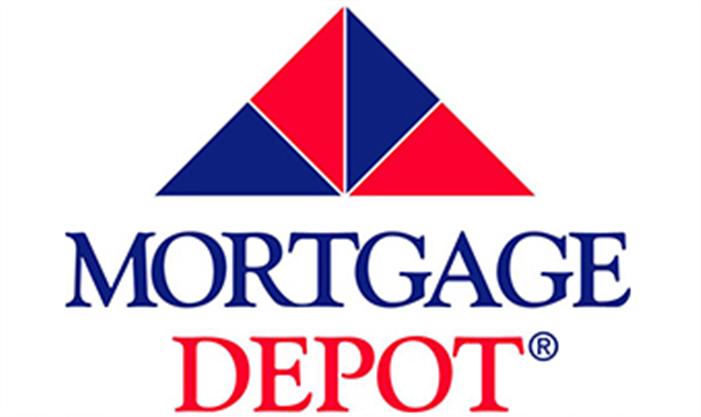Numéro de permis de l'agent
504257

Tammy Austin
Mortgage Consultant
Office:
Téléphone:
Courriel:
Adresse:
4462G West Saanich Road, Victoria, British Columbia, V8Z 3E9




























